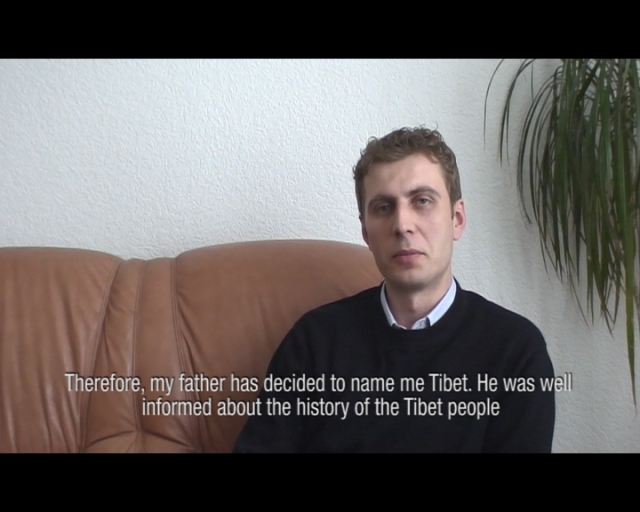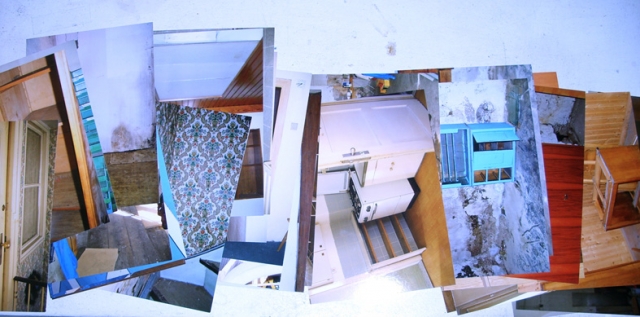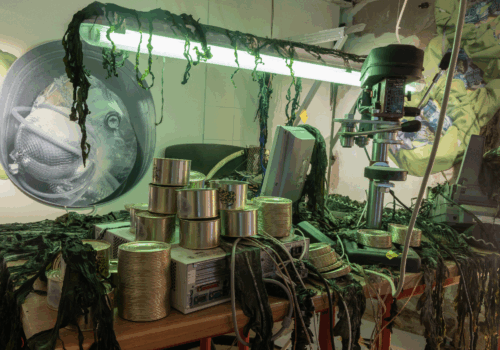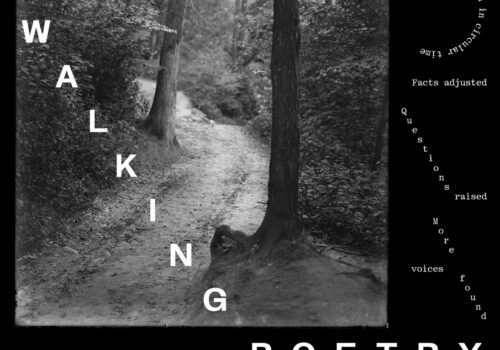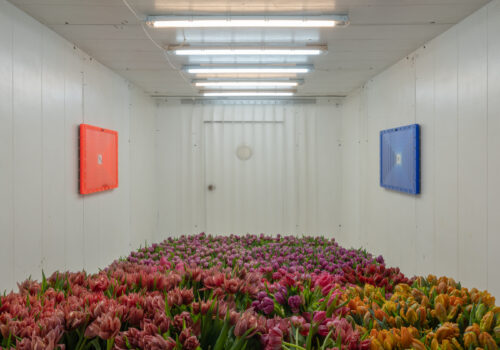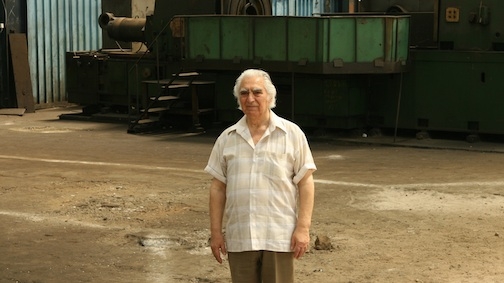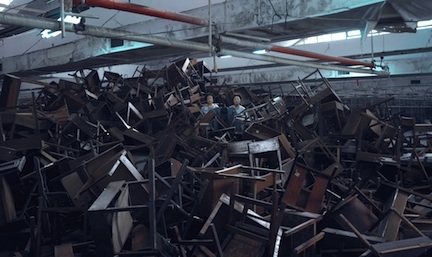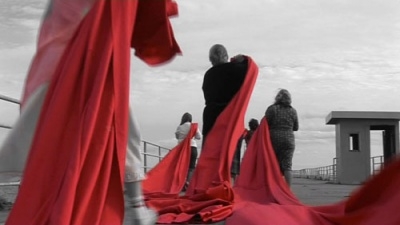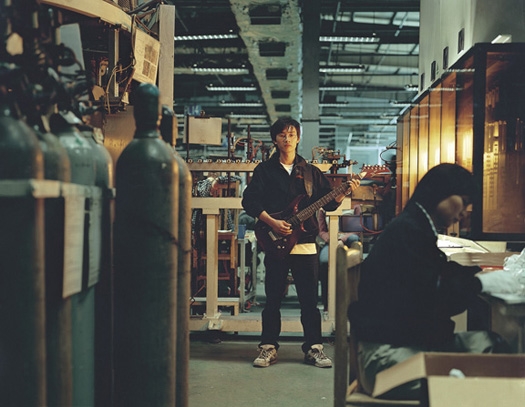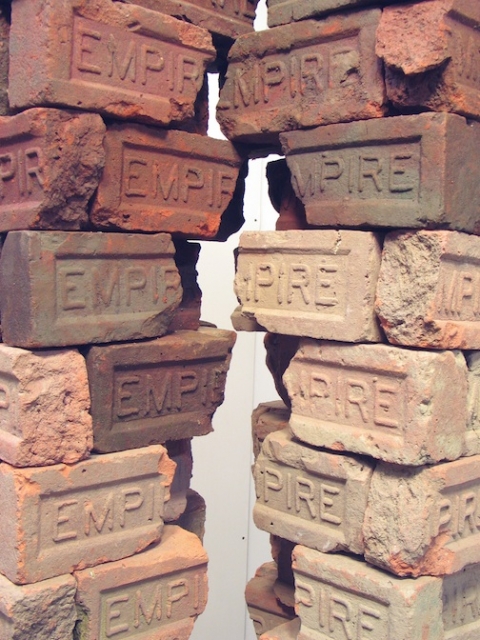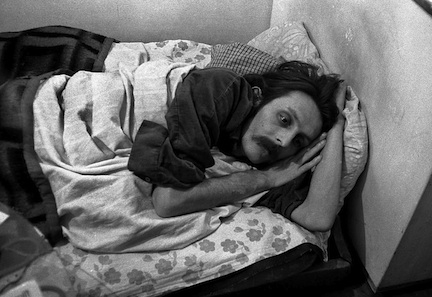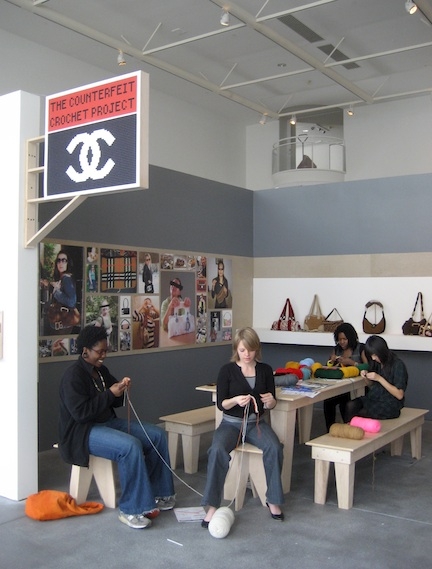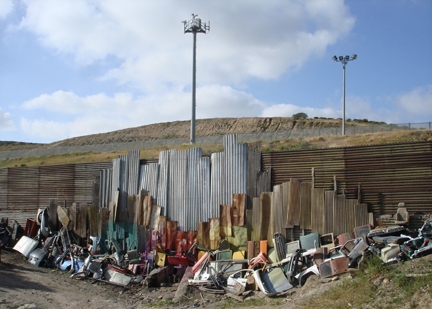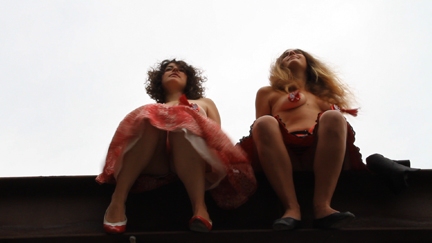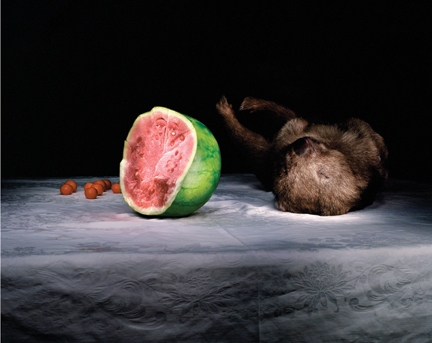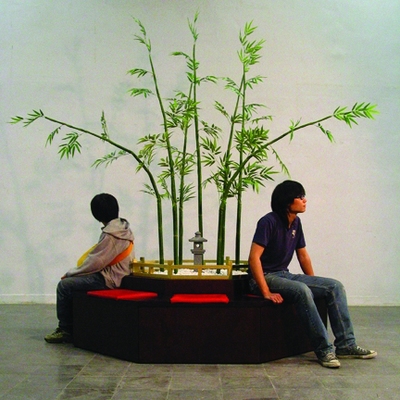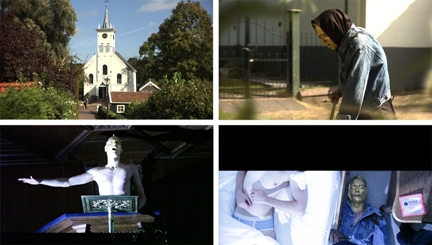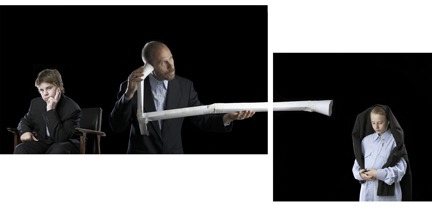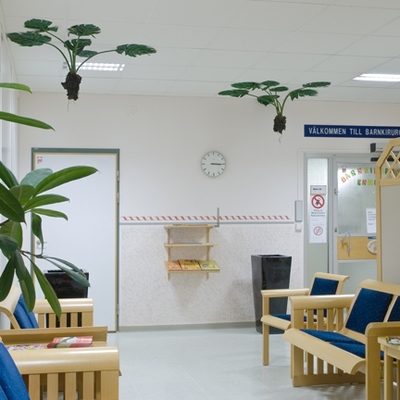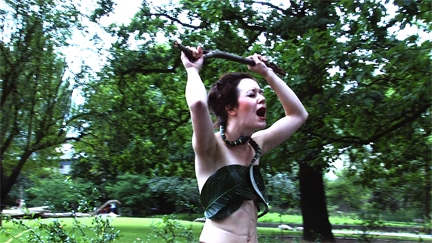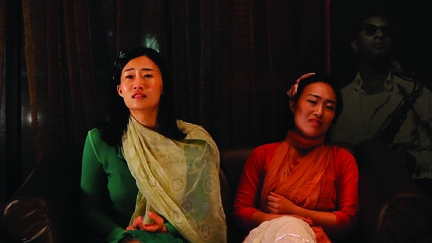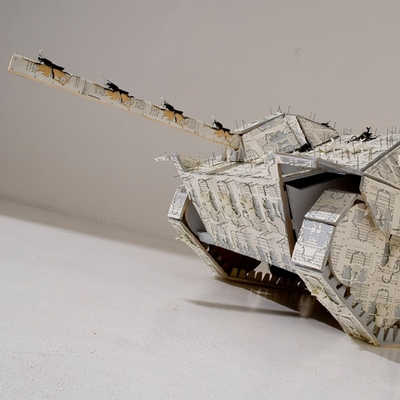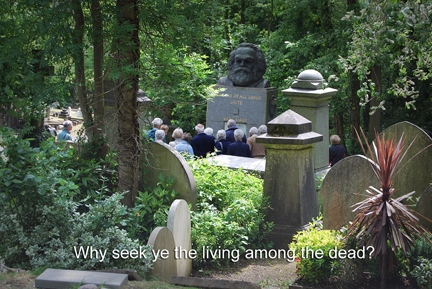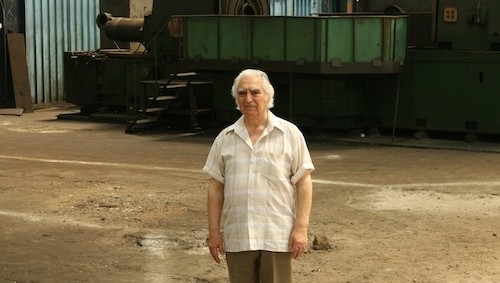SATURDAY, NOVEMBER 6th, 2 – 6pm: THE NY ART BOOK FAIR – ISCP SHUTTLE
Departing every 30 min. from MoMA PS1 (22-25 Jackson Ave) from 2 – 6pm, the ISCP SHUTTLE will go direct to Open Studios.
The International Studio & Curatorial Program (ISCP) is pleased to announce its Fall Open Studios, a four-day exhibition of international contemporary art. This event presents works by the 38 artists, collectives and curators from 26 countries currently in residence at ISCP and offers the public access to innovative contemporary art practices from around the world, seen for the first time in New York City. Open Studios also provides an exceptional opportunity to engage with the production, process and archives of artists and curators working with a diverse range of mediums, approaches and concepts.
On Saturday, November 6th at 4 pm, ISCP curator-in-residence Svetlana Kuyumdzhieva, will present different kinds of artistic engagements from the Bulgarian art community and will show works presented in her recent projects. On Sunday, November 7th at 4 pm, ISCP curator-in-residence, Elisabeth Byre will present her curatorial practice through two recent exhibitions: Everyone Got Something Great (2010) and Lessons in the Art of Falling (2009) focusing on performance art and time-based media. Extracts from video works by Trine Lise Nedreaas and Elna Hagemann will be screened during the presentation, as well as documentation of performances by Nils Bech and Tori Wrånes.
PARTICIPATING ARTISTS AND CURATORS:
Ok-Hyun Ahn (South Korea), Sookoon Ang (Singapore), Bertille Bak (France), Birthe Blauth (Germany), Elisabeth Byre (Norway), Tania Candiani (Mexico), Chao-Tsai Chiu (Taiwan), Isabelle Cornaro (France), Dušica Dražić (Serbia), Marian Drew (Australia), F4(New Zealand), Christian Friedrich (The Netherlands), Peter Gregorio (USA), Nicolás Grum(Chile), Aihua Hsia (Taiwan), Claudia Kapp (Germany), Szabolcs KissPál (Hungary), Svetlana Kuyumdzhieva (Bulgaria), Jonggeon Lee (South Korea), Nadja Verena Marcin(Germany), Armando Mariño Calzado (Cuba), Renzo Martens (The Netherlands), Michael Jones McKean (USA), Eline Mugaas (Norway), Regine Müller-Waldeck (Germany), Maryam Najd (Belgium), Alexandra Navratil (Switzerland), Sungyeon Park (South Korea), Pietro Ruffo (Italy), Ana Santos (Portugal), Christian Schmidt-Rasmussen (Denmark), Marinella Senatore (Italy), Chaw Ei Thien (Burma), Magnus Thierfelder (Sweden), Loreta Ukshini(Kosovo), Christoph Weber (Austria), Jinny Yu (Canada)
Opening alongside Open Studios, Factory Makers, curated by Kari Conte initiates a four-part exhibition over the next year that takes ISCP’s site of production – a historic printing factory – as the starting point to reflect on the changing nature and idea of work in society and how we define labor today. This exhibition presents seven international artists who address the impact of the world’s rapidly changing economies on new social and cultural realities. Through various approaches, the included works consider the effect of globalization, new modes of ‘outsourced’ production and the blurring boundaries of material and immaterial labor. A 1978 work by Mladen Stilinović begins the exhibition and asserts non-productivity as critical to the creation of art. Artists include Matei Bejenaru (Romania), Factory of Found Clothes (Russia), Cao Fei (China), Chen Chieh-jen (Taiwan), Jean-Marc Superville Sovak (USA), Stephanie Syjuco (USA) and Mladen Stilinović (Croatia).
ISCP thanks the following sponsors for their generous support:
American-Scandinavian Foundation, USA; Anonymous; Artadia, USA; Asian Cultural Council, USA; Australia Council for the Arts, Australia; BMUKK, Austria; Canada Council For The Arts / Le Conseil Des Arts Du Canada, Canada; CEC Artslink, USA; Council For Cultural Affairs, Taiwan; CulturesFrance, France; Danish Agency for the Arts, Denmark; FONCA, Mexico; Fondart, Chile; Foundation for a Civil Society, USA; Fundação Calouste Gulbenkian, Portugal; Gyeonggi Cultural Foundation, South Korea; IASPIS, Sweden; IKEA-Stiftung, Switzerland; Dr. Elisabeth Salch-Klauser and Dr. Frank Klauser, Germany; Kulturstiftung des Freistaates Sachsen, Germany; Landesregierung Nordrhein-Westfalen, Germany; Ludwig Museum Budapest – ACAX, Hungary; Ministère de la Culture, Luxembourg; Ministerium für Wissenschaft und Kultur des Landes Niedersachsen, Germany; Ministry of Culture of the Flemish Community, Belgium; Ministry of External Affairs, Italy; Joan Mitchell Foundation, USA; National Arts Council, Singapore; Office for Contemporary Art, Norway; Singapore International Foundation, Singapore; Stichting Fonds voor Beeldende Kunsten Vormgeving en Bouwkunst, The Netherlands; James Wallace Trust, New Zealand
